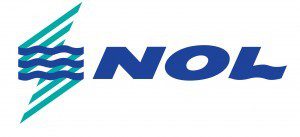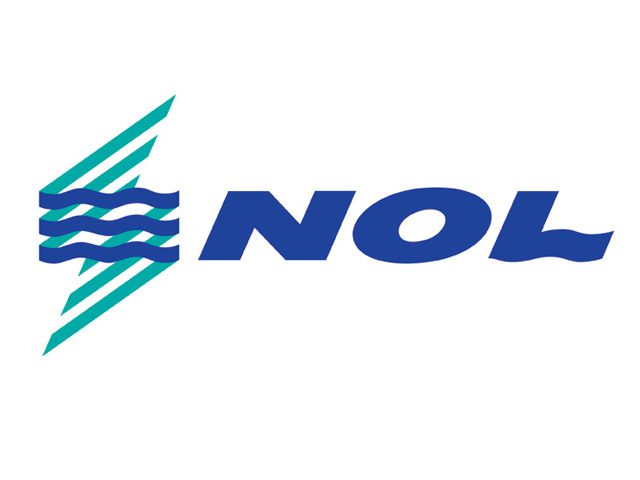 (Bloomberg) — Neptune Orient Lines Ltd., Southeast Asia’s biggest container-shipping company, said it will add more fuel-efficient ships this year to pare costs as a vessel glut continues to damp freight rates.
(Bloomberg) — Neptune Orient Lines Ltd., Southeast Asia’s biggest container-shipping company, said it will add more fuel-efficient ships this year to pare costs as a vessel glut continues to damp freight rates.
The shipping line will take delivery of 14 vessels this year, Neptune Orient said in a statement yesterday. It added 10 ships last year and sold some of the older ones.
Neptune Orient has said cost cuts and new ships will help improve performance in 2013 after posting three annual losses in four years. The carrier has also sold its Singapore headquarters as shipping lines struggle with overcapacity and a slump in demand caused by Europe’s economic downturn.
“The economic recovery in Europe is still very slow,” said Lawrence Li, an analyst at UOB-Kay Hian Holdings Ltd. in Shanghai. “Asia-Europe rates have fallen and you’re in a better position if you have a bigger exposure on trans-Pacific like Neptune Orient.”
The company yesterday reported net income of $75.5 million in the three months ended April 5, compared with a net loss of $254 million a year earlier. Sales slipped 0.4 percent to $2.37 billion.
Neptune Orient, whose businesses include container shipping, terminals and logistics operations, said it had a gain of $200 million from the sale of the headquarters building.
Its container-shipping unit operated 125 vessels with a combined capacity of 605,000 20-foot boxes at the end of the quarter. Total capacity dropped 1.6 percent from a year earlier, said the company, which will add 10 ships in 2014.
Efficient Vessels
“The group’s cost base will continue to improve as it takes delivery of newer and more efficient ships,” Neptune Orient said. “However, the container shipping industry remains saddled with overcapacity.”
Shares of Neptune Orient gained 0.9 percent to S$1.10 at close of Singapore trading. The stock has dropped 3.9 percent this year, compared with an 8.7 percent gain for the Straits Times Index.
APL Ltd., Neptune Orient’s container-shipping arm, earned an average revenue per box of $2,376, a 1.8 percent decline. It moved 772,000 forty-foot-equivalent cargo boxes in the quarter, 2.4 percent fewer than a year earlier. The shipping unit filled 91 percent of capacity in the three-month period.
Cargo hauled on the trans-Pacific route, the world’s second-busiest, increased 4 percent to 224,000 boxes in the first quarter, while those on the Asia-Europe trade dropped 17 percent to 109,000.
‘Less Exposed’
“NOL is less exposed to the Asia-Europe trade where overcapacity risks are much higher,” Corrine Png, head of regional transportation research at JPMorgan Chase & Co., wrote in a note yesterday.
APL’s loss before interest and taxes narrowed to $101 million in the quarter, from $246 million a year earlier.
Spot rates to haul a 20-foot container to Europe from Asia dropped 6.4 percent to $1,140 in the first quarter, according to the Shanghai Shipping Exchange. The levy dropped 8.2 percent last week to $731. Rates to the U.S. West Coast rose 1.8 percent to $1,132. Lines need at least $1,200 to make money, according to ship broker ICAP.
The price of 380 Centistoke marine bunker fuel, used by ships, averaged $633.76 a metric ton in the first quarter, 14 percent lower than a year ago in Singapore trading, according to data compiled by Bloomberg. It dropped 0.7 percent to $596 today.
“We have improved operational performance considerably from one year ago, so we know we are on the right track,” Chief Executive Officer Ng Yat Chung said in the statement. “But there is still more work to be done.”
– Kyunghee Park, Copyright 2013 Bloomberg.

 Join The Club
Join The Club












